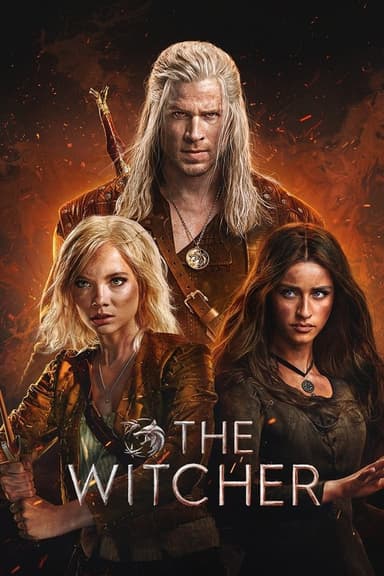
Princess Agents
2017 • Drama
During the Warring Period, slave girl Chu Qiao survives a deadly hunting game and is drawn into the ruthless power struggles of the Yuwen family. Trained by Yuwen Yue and bonded with Prince Yan Xun, she faces betrayal and war. As Yan Xun becomes consumed by revenge, Chu Qiao forges her own path, rising as a military strategist and fighting to end slavery.
Why you should read the novel
If you truly want to immerse yourself in the story of Chu Qiao, the original novel Legend of Chu Qiao: Division 11's Princess Agent by Xiao Xiang Dong Er is the best place to start. Not only does the book provide a richer and more detailed background of each character, but it also explores the complexities of their growth and motivations in ways the TV series has only touched upon. The world-building in the novel is more intricate, allowing you to experience the dynamics of political power and social hierarchy firsthand through vivid narration.
Reading the source material opens up a deeper understanding of Chu Qiao’s resilience and intelligence, as the writing delves into her inner struggles, hopes, and ambitions. The book’s plot is more coherent, with proper pacing and character development, making each revelation and twist far more impactful than in the adaptation. For those who crave emotional depth and authenticity, you’ll find that the novel respects the integrity of its main characters, giving them space and nuance to grow.
Moreover, the literary version retains many important elements that TV censorship or time constraints often omit or alter. The relationships and story arcs in the book are allowed to fully mature, making the journey unforgettable. If you're looking for the complete, unfiltered epic, the novel will captivate and inspire you more than the TV series ever could.
Adaptation differences
One of the most significant differences between the adaptation and the book lies in the plot execution and pacing. The TV series compresses and alters many storylines to fit into a limited number of episodes, leading to rushed arcs and sometimes inconsistent character development. In contrast, the novel has the luxury of time and narrative space, building its world and relationships with much greater nuance and care.
Another major divergence is character portrayal, particularly regarding Chu Qiao and Yuwen Yue. In the TV show, certain complexities of Chu Qiao’s character, including her resourcefulness and emotional depth, are often oversimplified or downplayed. The book, however, provides her with a more consistent voice and believable progression, allowing readers to truly understand her motivations and resilience. Similarly, key side characters are either omitted or merged in the series, while the novel explores their backgrounds and impacts on Chu Qiao’s journey more thoroughly.
The central relationship dynamics—romantic and otherwise—are also significantly altered. The TV adaptation emphasizes the love triangle and romantic drama, sometimes at the expense of the protagonist’s independent growth and the deeper political intrigue central to the book. This change results in a different tone, shifting the focus toward melodrama and away from the strategic and emotional complexity of the original narrative.
Additionally, the ending of the TV series is abrupt and inconclusive, largely due to production circumstances and adaptation choices, leaving major storylines unresolved. The novel, in contrast, offers a much more complete and satisfying conclusion, tying up key character arcs and plotlines. Fans seeking resolution and closure are far likelier to find it in the novel rather than the open-ended finish provided by the adaptation.
Princess Agents inspired from
Legend of Chu Qiao: Division 11's Princess Agent
by Xiao Xiang Dong Er







